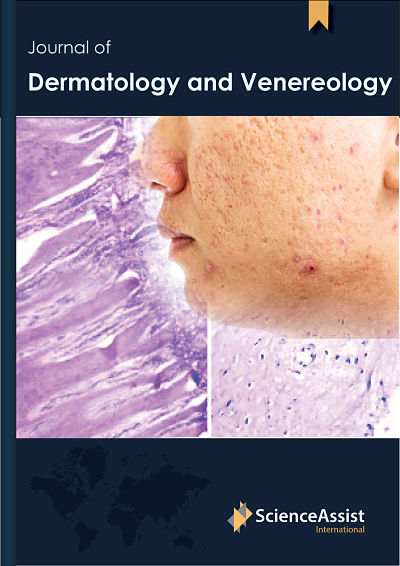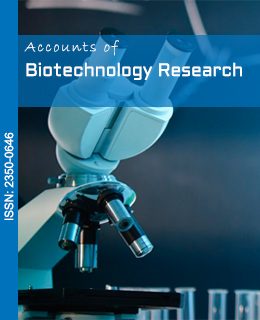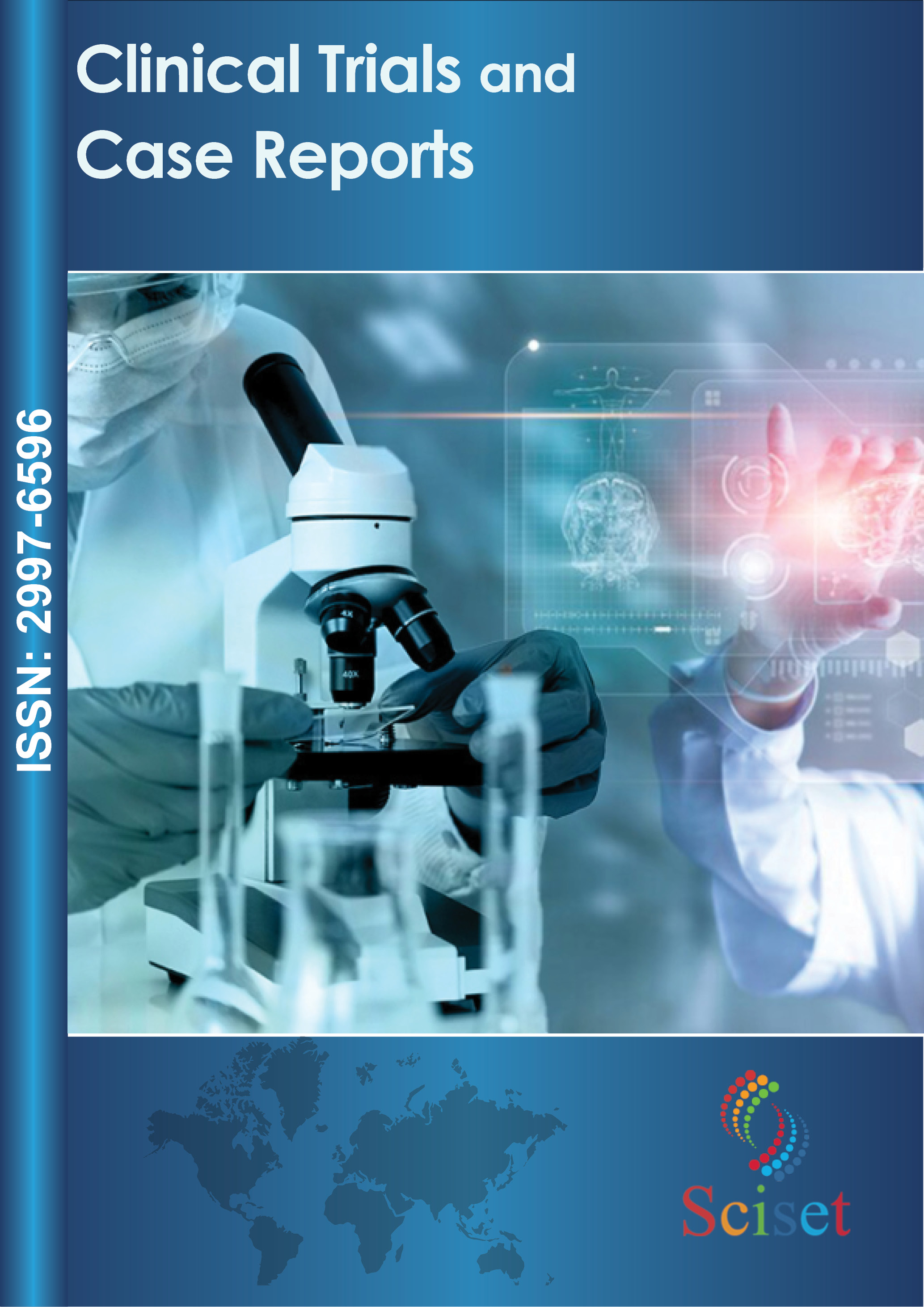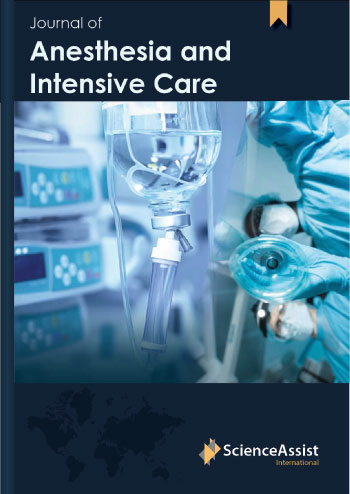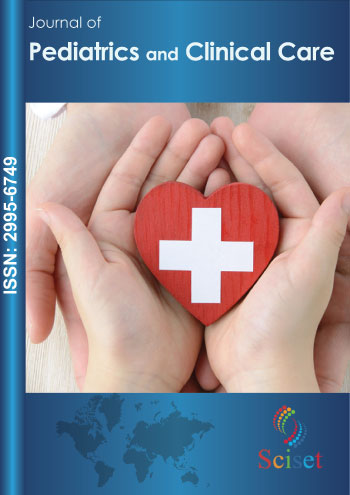- Open-Access Publishing
- Quality and Potential Expertise
- Flexible Online Submission
- Affordable Publication Charges
- Expertise Editorial Board Members
- 3 Week Fast-track Peer Review
- Global Visibility of Published Articles
Paper Submission Guidelines
Science Assist International is ground-breaking research findings that drive future science to new levels of understanding. We are dedicated to publishing quality research through our prestigious journals. We welcome authors to submit their high-impact discoveries and research ideas in the form of empirical papers to our Science Assist International journals. Authors from non-English speaking countries are advised to have their manuscripts reviewed by a native English speaker.
The journal follows a single-blind peer-review process and upon the authors’ request, we facilitate the double-blind peer-review process.
We are providing fast-track peer reviews with an average review time of 14 days. Articles will be published online within 7 days from acceptance.
Authors may submit the manuscript either online or as an email attachment to submissions@scienceassistinternational.com
All articles submitted to Science Assist International should strictly adhere to the publisher formatting guidelines.
Author(s) requested to submit their manuscripts, in accordance with the subsequent format which might facilitate in easy review by the Editorial Board members.
→ Title
→ Author(s) with affiliations
→ Abstract
→ Keywords
→ List of abbreviations
→ Introduction
→ Materials and Methods
→ Results
→ Discussions
→ Conclusions
→ Acknowledgments
→ References
→ Tables and Figures
→ Supplementary information
Title: The title should be in upper case, specific and concise.
Author(s) with affiliations: It should contain author names followed by Department, University or Organization, City, and Country of the author(s), along with their email address. For the corresponding author, the complete affiliation and postal address are required along with contact information.
Abstract: The abstract should be clear and concise to convey the manuscript in advance along with the significance of the work. The abstract should contain a quick background of the question(s), an outline of the results (while not in-depth experimental detail), and an outline of the importance of their findings. It should not exceed more than 300 words.
Keywords: The author should mention at least 3-5 keywords (semicolon symbol after each keyword).
List of Abbreviations: The list of abbreviations should be for example CDC: Centers for Disease Control and Prevention; GRO: Grey relational order; GRG: Grey relational grade
Introduction: The Introduction should provide a transparent statement of the study, relevant literature on the study subject along the planned approach. This should be enough to draw the reader's attention from a broad array of scientific disciplines.
Materials and Methods: The materials section should include detailed descriptions of all types of materials used. The methods part should contain sufficient details so that all procedures can be replicable by other researchers. The authors may divide this into subsections if several methods were described. The methodology should be exact, but with sufficient detail to guide scientific replicability.
Results: The results section should describe the outcomes and findings of an article (research, case study, review, etc.). It should be clear, understandable, and concise (using figures & tables). The layout of the result section should be in the same order in which the introduction section is being structured.
Discussions: This section ought to illustrate the importance of results in relation to the reasons for doing the work. It should include the strengths and limitations of the study. Also, interpretation and implications with reference to the context should be given indicating the future research directions.
Conclusions: The conclusion should be given for the closure of an article.
Acknowledgments: The author can include sources of funding, grants, details about anyone who contributed substantially towards the study, etc.
References: Only published or accepted manuscripts should be included in the reference list. Abstracts, Conference talks, or papers that have been submitted in meetings but not yet accepted should not be cited. All personal communications should be supported by a letter from the relevant authors.
Figures (according to the digital images integrity and standards in eps, tiff, jpg formats) and Tables (in Word)]
Supplementary Information can be provided as a separate file (either in Docx or PDF)
Types of Manuscripts
Science Assist International journals to publish original research, review articles, clinical case studies, letters to the editor, perspectives, opinion articles, commentaries, book reviews, and visual articles. We provide an opportunity for authors to submit their evidence-based findings and theoretical insights of high quality to our journals.
Original Research
Original research or research article is a significant full-length article written based on a programmed study describing a hypothesis and designed based on a research method. The suggested structure of the research article is IMRaD including a valid result and discussion.
Review Article
Review articles are conceptual articles written after summarizing the current updates on a topic. These articles should describe the major advances and discoveries on the specific topic. The article discussion should suggest a new direction to the research scenario.
Clinical Case Study
Clinical Case Studies are interesting clinical presentations compiled and presented with detailed descriptions of case presentations, treatment, and follow-ups. These studies provide an evidence-based description of the case and management of the disease.
Letter to Editor
Letters to Editor are responses or comments on a published article written in a format address to the editors of the journal. Letters to editors or opinion editorials are usually written to express the views or opinions on a published piece. This is one way of communication between the author and reader enabling an open platform to discuss things.
Perspective, Opinion, or Commentary
Perspective, Opinion, or Commentaries are scholarly articles expressing or highlighting the author's viewpoint on an existing topic or these can be unique ideas/insights on advancing research. These are a group of high-impact articles which open new arenas of open discussion forums in scientific research.
Book Reviews
Book Reviews are scholarly communications that discuss the content of a book from the authors' perspective. The author’s assessment or comments on the published content of the book in 400-600 words comprises a concise book review. The mandatory sections in a book review include the title of the book, author details, publisher information along with ISBN, etc. Book reviews should provide a detailed view of the author on the objective of the book, comparison of the book along with the other series of books, the presentation style of the author, etc.
Authorship Policy
Authorship policies of Science Assist International state that all contributors who participated in the study or preparation of the manuscript should be credited as an author. All researchers or contributors of the study should be aware of assigning authorship to other collaborators. Science Assist International always suggests the contributors openly discuss and decide about the order of authors as well as responsibilities. Every manuscript submitted to Science Assist International should contain a mandatory section of Conflict of interest where authors should disclose all or any potential conflicts of interest.
All the agreements between the publisher and authors will be mediated by the corresponding author of the article. The vivid responsibilities of the corresponding author including;
• Communicating with the publisher during the entire process of initial article submission, peer review, providing authorship details, ethical approval, gathering conflict of interest statements from authors, etc.
• The corresponding author acts as a spokesperson for all further discussions on the article with readers and other correspondences.
• Corresponding author will receive a final article copy from the publisher and we expect them to validate the article and get the final approval from all the co-authors before proceeding with the article publication.
• Each author is supposed to make substantial contributions to the conception, acquisition, analysis, interpretation of data or design of the work;
• Have drafted the work or substantially revised it; AND
• Has approved the final submitted version; AND
• Agrees to be accountable for all aspects of the work in ensuring that questions related to the accuracy or integrity of any part of the work are appropriately investigated and resolved.
• Other personnel who were involved in the generation of the research paper but do not meet the criteria for authorship should be mentioned in the acknowledgments section with a brief description of the nature of their contribution.
• Authors should meet the conditions of all the above points. Each author should have participated sufficiently in the work to take public responsibility for appropriate portions of the content.
Corresponding Author
The one individual who takes primary responsibility for communication with the journal during the manuscript submission, peer review, and publication process, and typically ensures that all the journal’s administrative requirements, such as providing details of authorship, ethics committee approval, clinical trial registration documentation, and gathering conflict of interest forms and statements, are properly completed, although these duties may be delegated to one or more co-authors. The corresponding author acts as a spokesperson for all further discussions on the article with readers and other correspondences.
The corresponding author is the person who signs the publishing agreement on behalf of all of the authors and whose contact details should be included in the article. He/she should be available after publication to respond to critiques of the work and cooperate with any requests from the journal for data or additional information.
The corresponding author will get a final galley proof of the article from the publisher and we anticipate that they should approve the article and get the final endorsement from all the co-writers before continuing with the article production. In any case, changes in authorship either addition or deletion of authors after article acknowledgment ought to be affirmed by all the patrons along with the corresponding author.
Article Processing Charges
Science Assist International is an emerging open access publisher initiated with a theme of promoting open access as the main means of communicating science. We are aiming to erase major misnomers in implementing the Gold-Open Access model. Our article processing fee involves only base charges required to cover expenses related to the online hosting, article production and editing charges, cost required to maintain our highly professional team involved in technical and editorial activities, post-production, author-proofing, quality assurance, and indexing. All individual journals of Science Assist International has specific article processing fee mentioned for individual article types. International members and allied university or society members can avail special offers on article processing fees based on pre-defined criteria.
Science Assist International publishes articles under CC BY license in an open access model where all accepted articles are available in our online repository which readers can read, share, copy, transform and use the item by providing appropriate credits. We support authors without funding support by providing discounts on article processing charges (APC), but discounts and waivers will be provided only to the most eligible candidates after a detailed evaluation. We suggest the authors check the publication fees before the article submission. All requests for discounts and waivers should be requested prior to article submission. We don’t encourage final negotiations after article acceptance. We don’t charge any article submission charges; APC will be applicable only after the article acceptance.
License and Copyright
Submission of a manuscript implies that the work described has not been published before (except in the form of an abstract or as part of a published lecture, or thesis) and that it is not under consideration for publication elsewhere.
All works published by Science Assist International are under the terms of the Creative Commons Attribution License. This permits anyone to copy, distribute, transmit and adapt the work provided the original work and source are appropriately cited.
For commercial usage of articles such as reprints, distribution of article copies, translation rights, and reproduction of figures, tables, graphs, and supplementary data; authors or third-party vendors must seek permission from the publisher. They may contact the publisher directly at contact@scienceassistinternational.com

